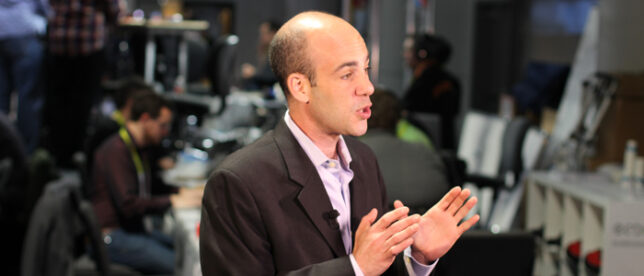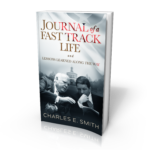
Early in my career as an administrator, I was exposed to the power of words and the impact they may have on people’s reputations. As a leader, you have the podium. What you say can make someone’s day or destroy a reputation. An example of this principle was clearly shown in one of the leadership crises I experienced as chancellor of the Tennessee Board of Regents.
We were shocked one day to receive word of a faculty senate’s vote of no confidence on one of the campus presidents in our university system.
The president in question was one of my appointees and was in his third year as president. Complicating the situation was the fact that the Regent who represented the area in which the campus president was located was a close friend of mine and had played an important role in my appointment as chancellor.
My staff and I recognized quickly that we had a dilemma. On one hand, we suspected that the vote of no confidence was a product of bias generated by a small group of faculty who had gained control of the Faculty Senate. On the other hand, the board member and his wife were closely aligned on a friendship basis with several of the faculty members who had led the effort to gain a vote of no confidence. We knew we were walking on dangerous grounds.
We decided to conduct an intense interrogation of all members of the Faculty Senate. Over a period of four days, the vice chancellor for administration, the chief legal counsel, and I spent from 8:00 a.m. each day until 11:00 p.m. conducting interviews with every one of the forty-plus members of the Faculty Senate. It was an exhaustive but productive exercise.
The interviews disclosed that the Senate vote had been controlled by about eight members of the Senate, many of whom had been actively involved in the ouster of the two previous presidents of the university. Moreover, the charges against the president proved to be frivolous at best.
A pivotal moment in the interviews occurred late in the process when one of the leaders of the vote against the president acknowledged under intense questioning that he himself “was toast” in regard to his stand against the president, signaling that his motives were suspect.
The end result was that the Board of Regents and I found the allegations without merit and rejected the vote of no confidence. The decision cost me the friendship of a man who – as a board member – had sponsored my selection as chancellor. But I knew that I had done what was right.
Sometimes in leadership roles, friendships have to be sacrificed for the purpose of doing what is right.
-adapted from Journal of a Fast Track Life © 2018 Charles E. Smith. All rights reserved. Top photo courtesy of pexels.com

